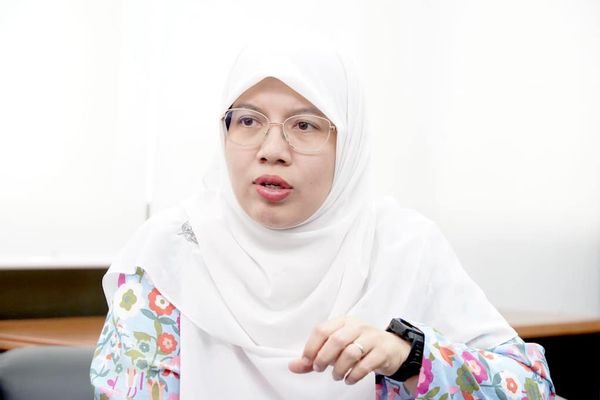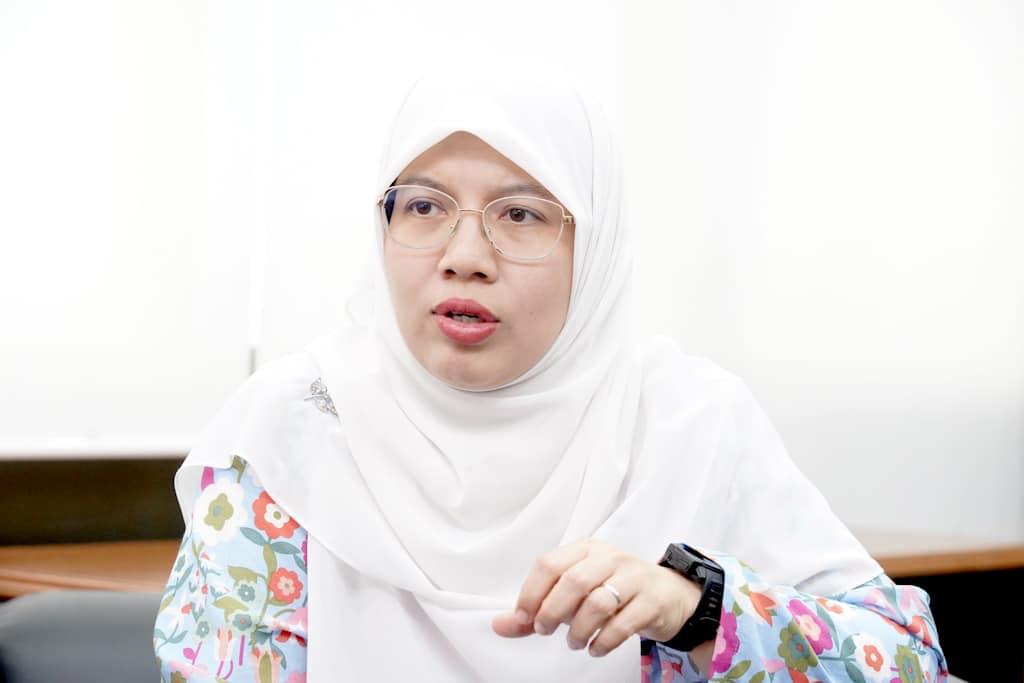SHAH ALAM, Aug 7 — The Federal government’s proposal to review the mandatory retirement age is a timely response to the country’s demographic shift toward an ageing population and the growing concerns over retirement readiness, said state executive councillor for women empowerment and social welfare Anfaal Saari.
She said the state government is supportive of the proposal, and described the situation as urgent and concerning.
“This move is not only timely, but urgent, given Malaysia’s demographic shift towards an ageing population and the alarming state of retirement readiness,” Anfaal told Media Selangor when contacted.
Citing data from the Employees Provident Fund (EPF), she said that 71.5 per cent of Malaysians have less than RM50,000 in their EPF accounts, with the median savings for the 50 to 54 age group being only RM48,311.
“This falls far below the estimated RM390,000 needed for a dignified retirement. Meanwhile, the monthly cost of living for a single elderly person is estimated at RM2,690,” Anfaal said.
On July 31, during the tabling of the 13th Malaysia Plan (13MP), Prime Minister Datuk Seri Anwar Ibrahim said the government will review the country’s mandatory retirement age as part of broader preparations as Malaysia transitions into an ageing society.
Falling under the plan’s ninth strategic thrust, which focuses on social justice and equitable opportunities for all segments of society, the review is essential to ensure the labour ecosystem adapts to demographic shifts.
Meanwhile, the councillor cautioned that raising the retirement age must be done carefully to avoid sidelining younger job seekers.
“It is crucial to balance this with the need to ensure job opportunities for young Malaysians,” she said.
Anfaal suggested that one way to address this matter is to promote the re-employment of older workers in roles that do not hinder career progression for the younger generation.
“One possible pathway is to encourage re-employment of older workers not in senior roles, but in advisory, mentoring, or part-time capacities, with revised salaries and KPIs (key performance indicators), ensuring they continue to contribute meaningfully while creating room for younger talent to grow,” she said.
This approach is closely aligned with the Selangor Care Economy Policy 2024-2030, which aims to promote active and productive ageing, reduce elderly poverty through economic participation, and develop a balanced, inclusive care and labour ecosystem where every age group contributes according to their capacity.
“Ultimately, the state sees retirement age reform not just as a labour issue, but as part of a holistic ageing strategy to ensure all rakyat (Selangor residents) age with dignity, purpose, and security,” Anfaal said.
Silver Workforce initiative
She added that to ensure older Malaysians can continue participating in the workforce, Selangor is implementing the Silver Workforce initiative, which is part of the First Selangor Plan (RS-1).
“Selangor has laid the groundwork for supporting older workers through the Silver Workforce initiative, which is outlined under the RS-1. While full implementation is still in progress, the foundation is already being put in place — guided by evidence-based policymaking and state-level commitment,” Anfaal said.
The initiative is supported by an ongoing research collaboration with Universiti Putra Malaysia (UPM), which examines the economic, health, and demographic conditions of older adults across urban and rural areas in Selangor.
One objective of the initiative is to enable economic empowerment and productive ageing through suitable re-employment, upskilling, or entrepreneurship.
Its planned strategies include supportive policy frameworks for re-employment beyond retirement age, upskilling programmes in partnership with industry players and the local authorities, and job-matching initiatives in sectors like care, community work, and advisory roles.
“With strategic support from both the state and Federal government, we are confident that Selangor can pioneer a model for productive ageing that benefits both older citizens and the broader economy,” she said.
Anfaal also outlined efforts to improve long-term care (LTC) for the elderly under the Selangor Economy Policy 2024-2030, with initiatives implemented including the Care Centre Grant, the Selangor Care Accelerator Programme (XCare), and the Selangor International Care Summit (SICS).
The state government is planning to establish more elderly daycare centres in the future, especially in urban flats and rural areas, to provide social engagement, basic health monitoring, and community-based rehabilitation.
“This approach aligns with the policy’s core principle of ‘ageing-in-place with dignity,’ and supports alternatives to institutional care by strengthening community and family-based care models,” she said.




